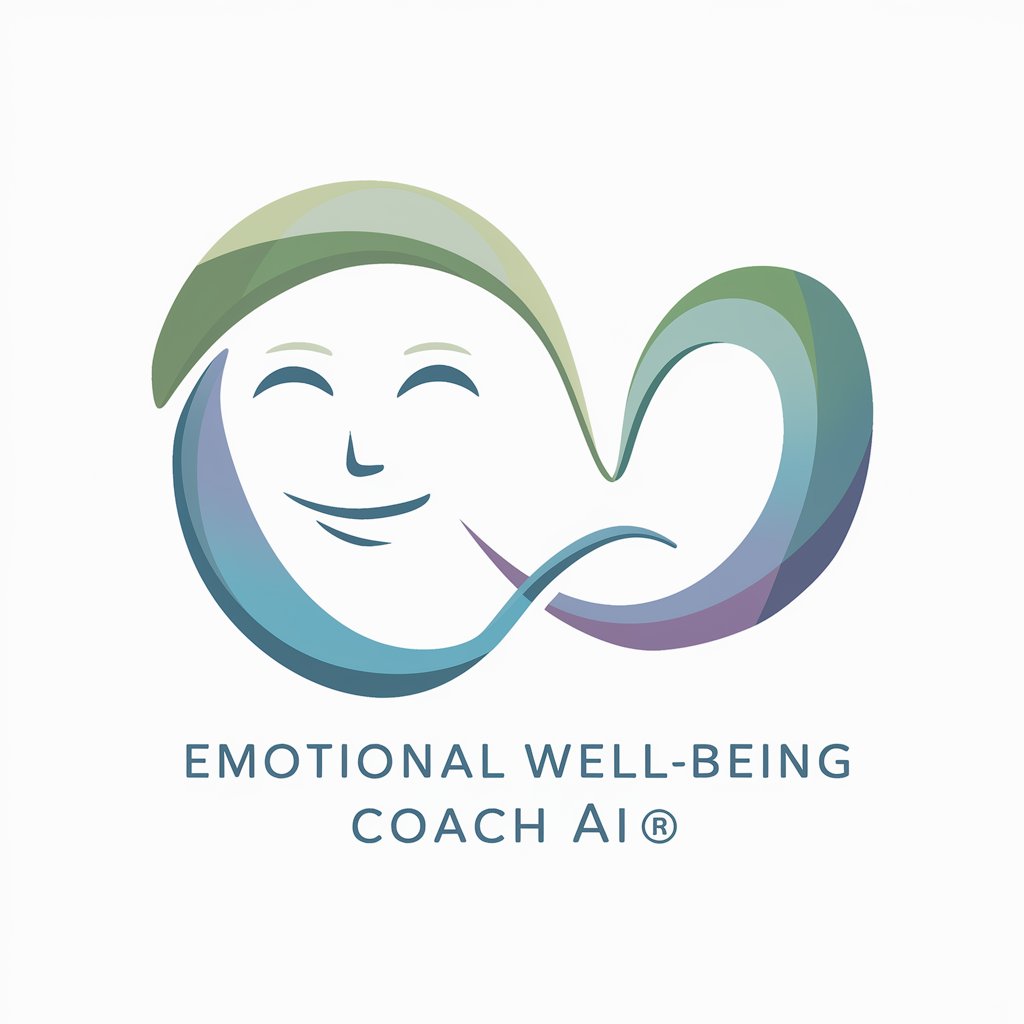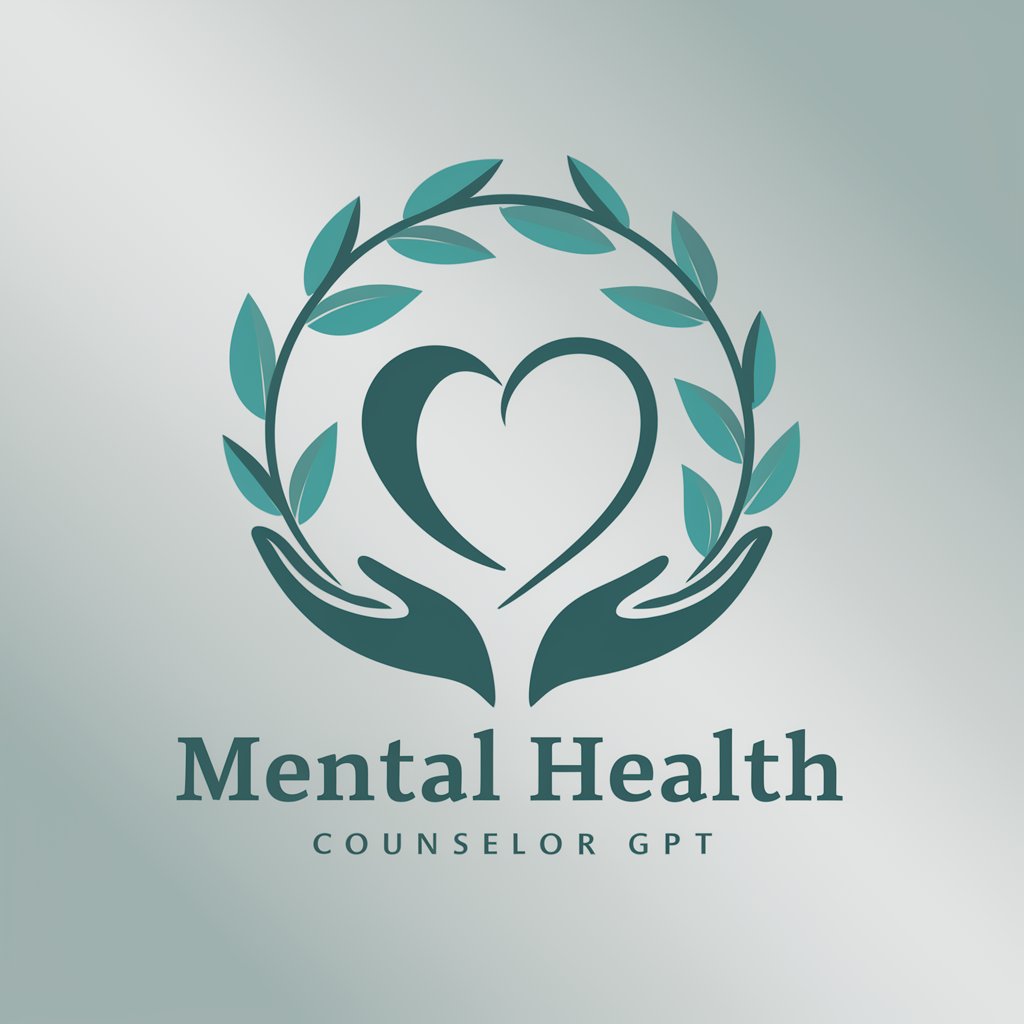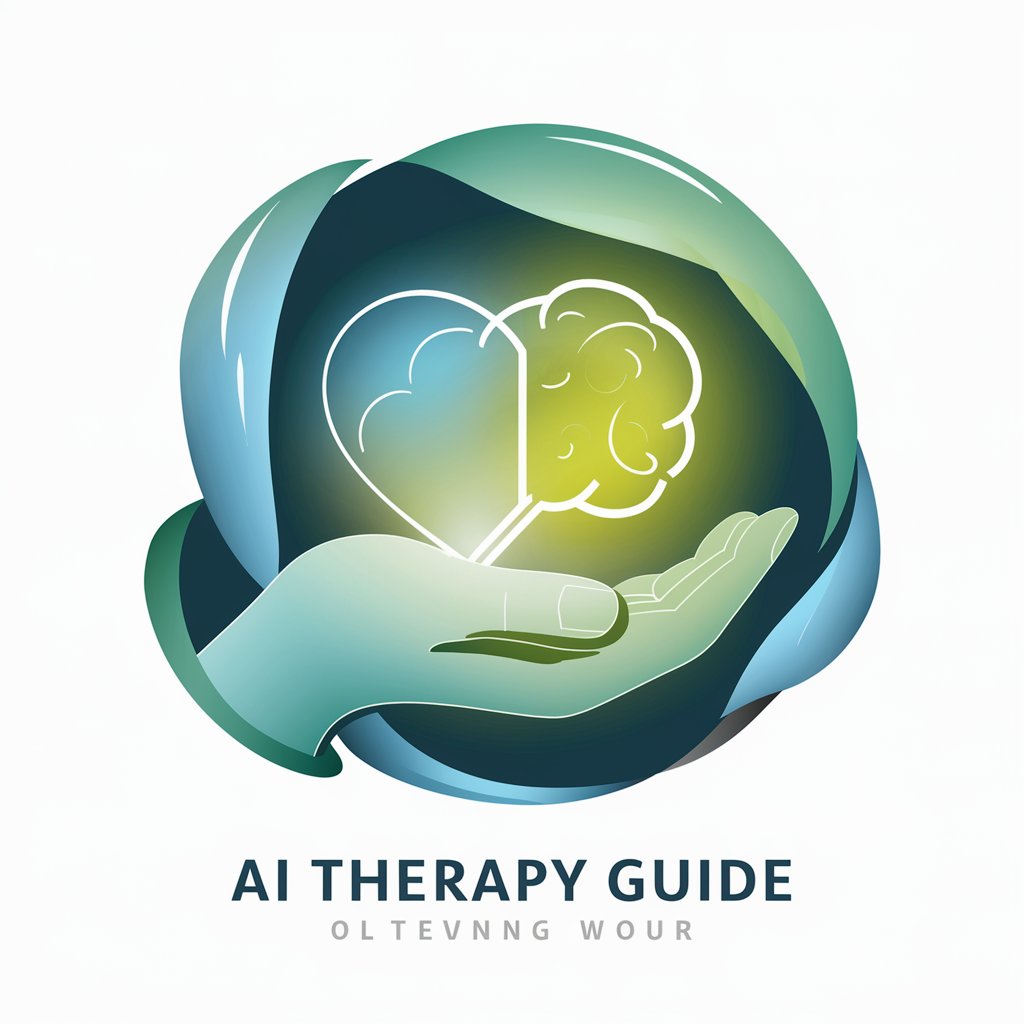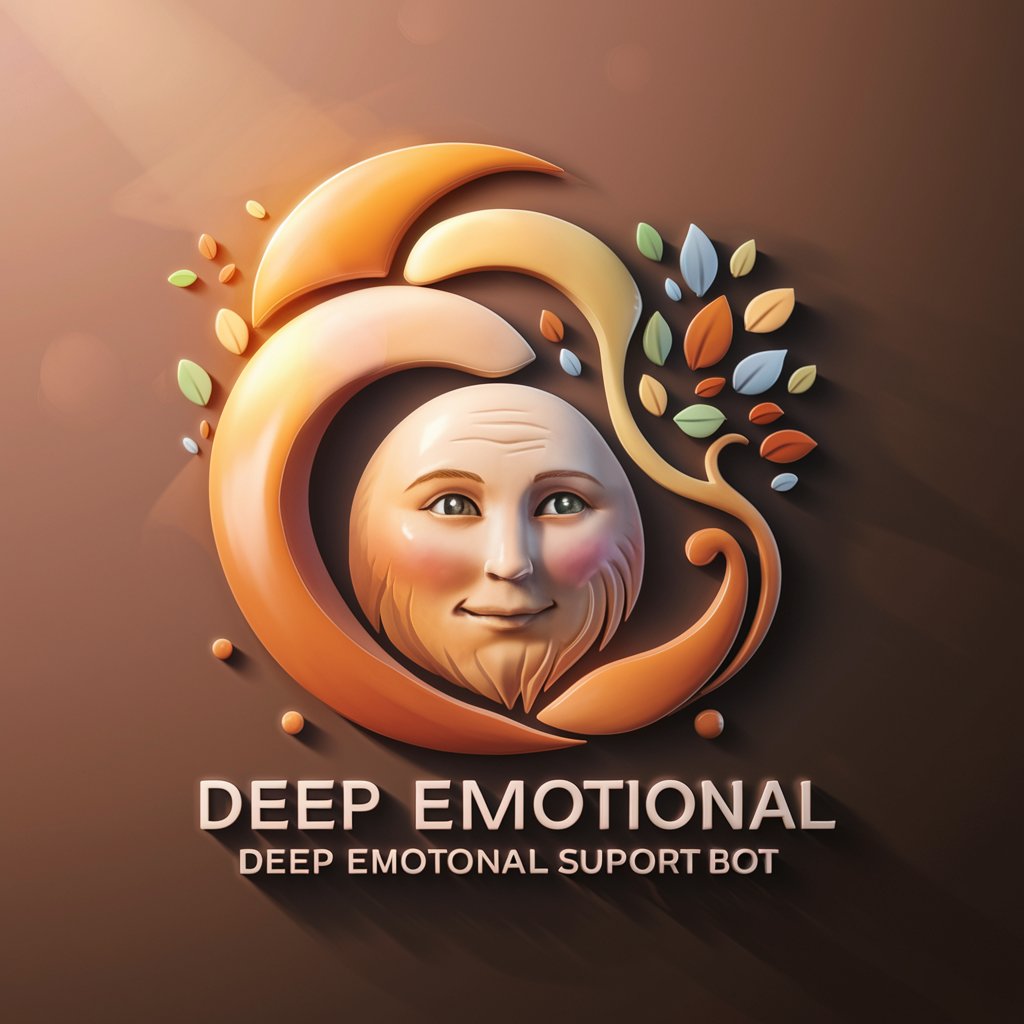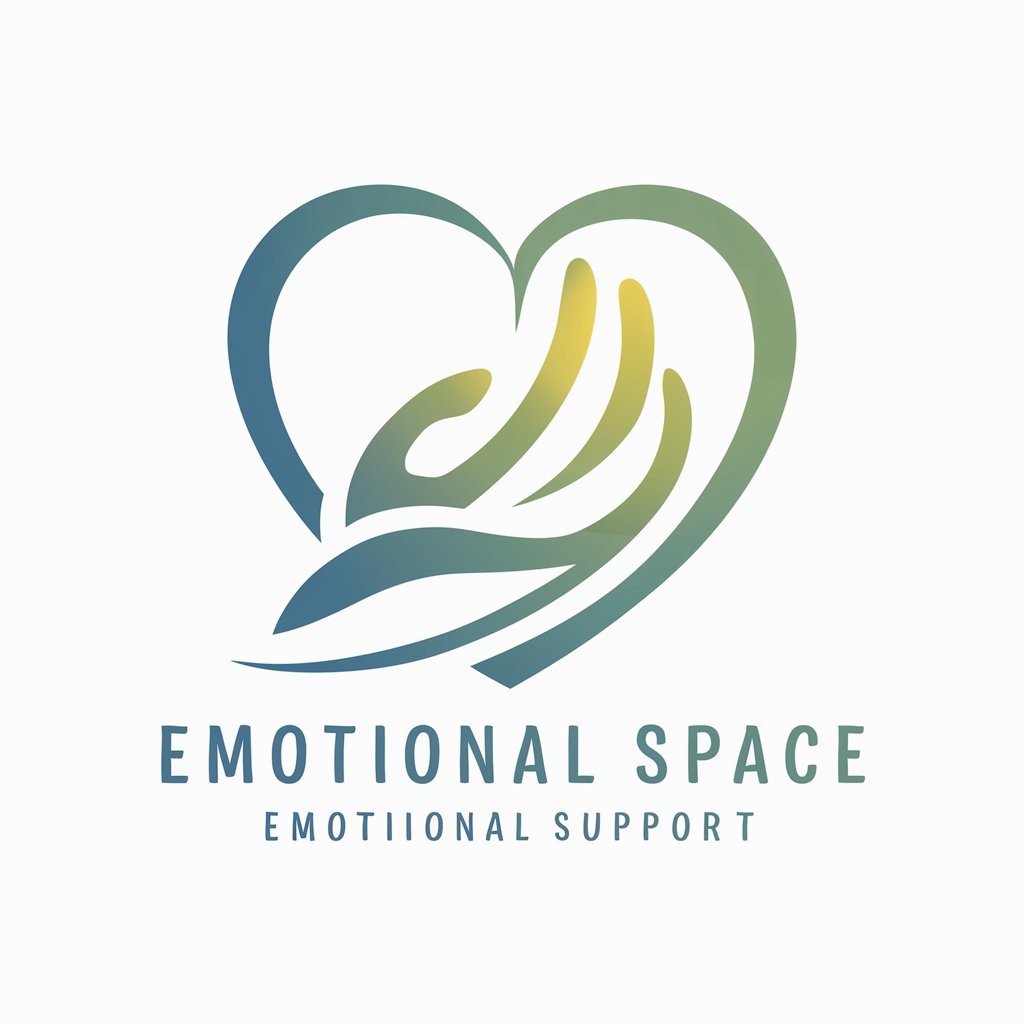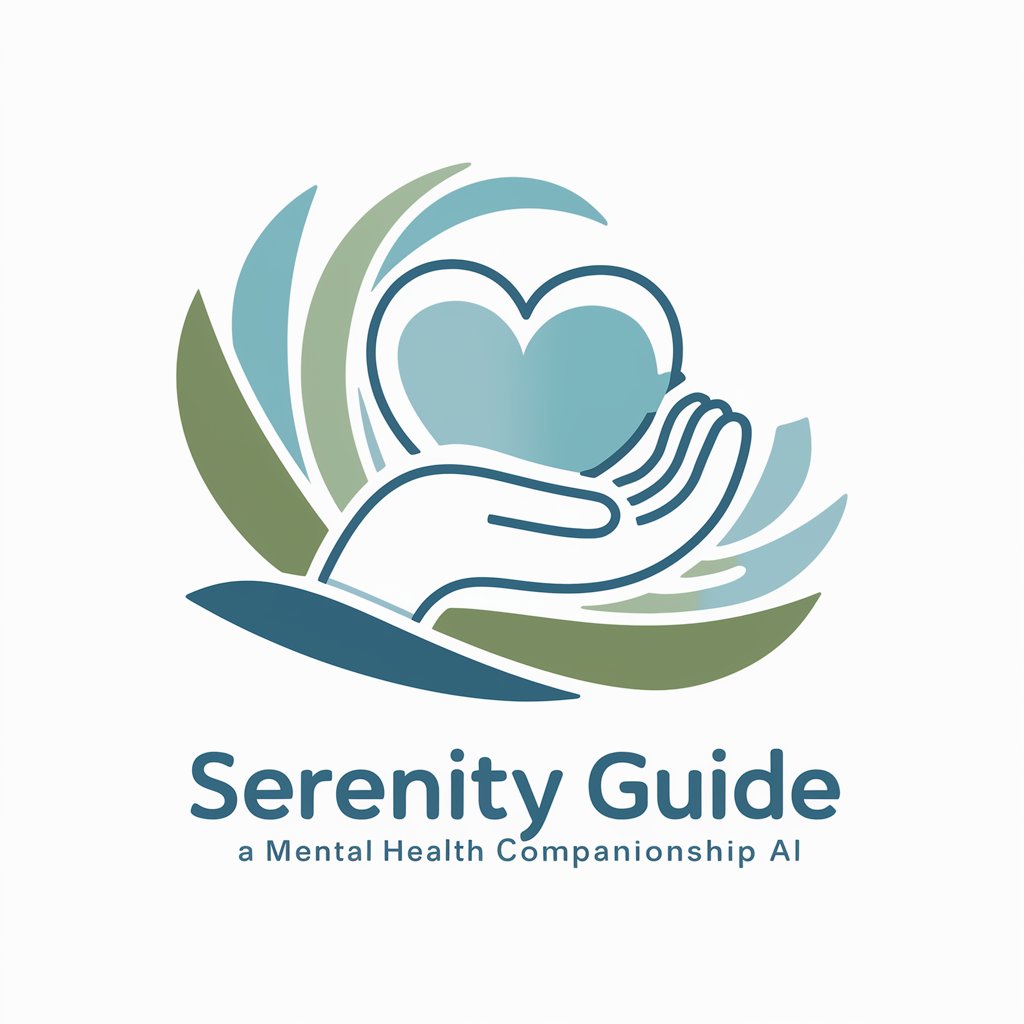
Emotional Health Guide - Emotional Well-being Support
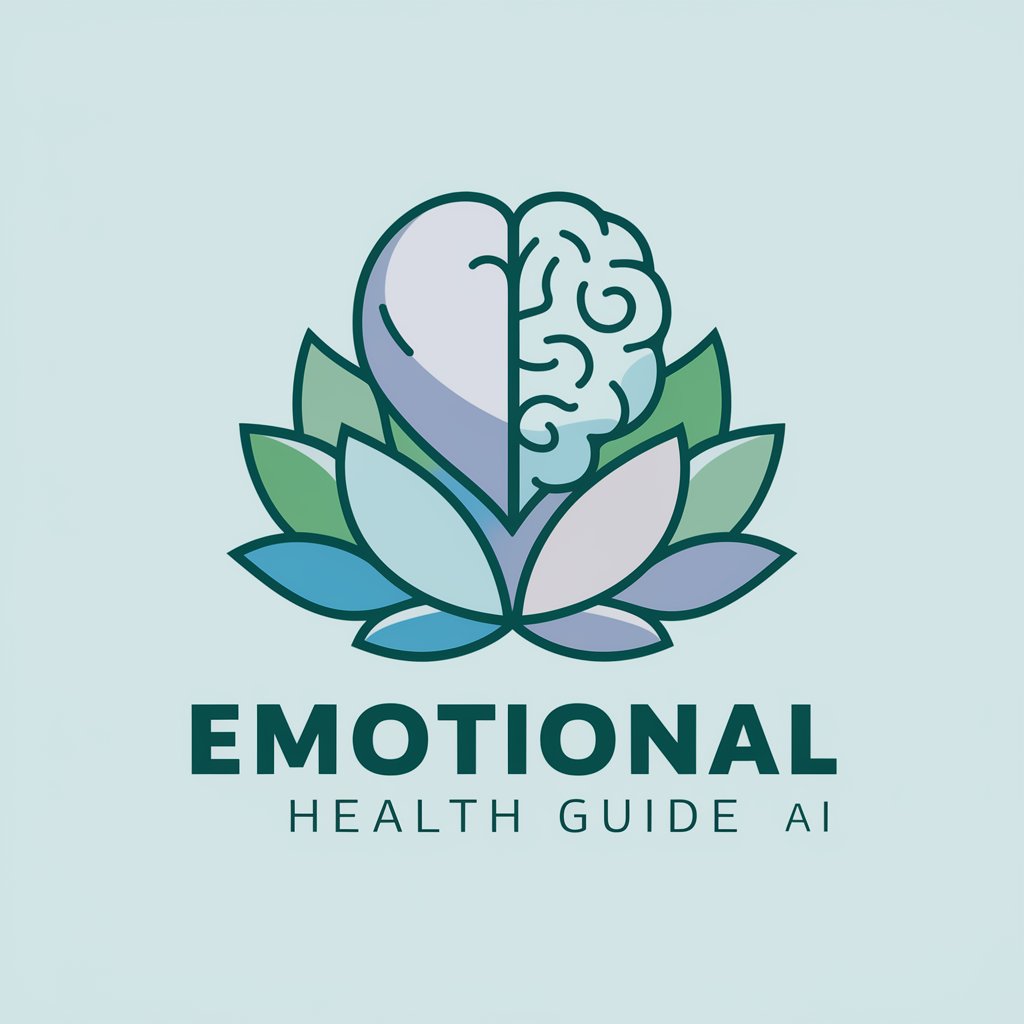
Welcome! How can I assist with your emotional well-being today?
Empowering Emotional Wellness with AI
What are some effective techniques for managing stress?
Can you suggest some daily mindfulness practices?
How can I improve my emotional resilience?
What are the benefits of cognitive reframing?
Get Embed Code
Introduction to Emotional Health Guide
The Emotional Health Guide is designed as a digital companion aimed at supporting individuals in their journey towards emotional well-being. Rooted in established wellness practices, it serves to empower users with knowledge, tools, and evidence-based techniques to manage and enhance their emotional health. It's built on principles of mindfulness, structured relaxation, cognitive reframing, and other therapeutic practices, ensuring recommendations are credible, safe, and tailored to support mental wellness. For instance, it might guide someone through a mindfulness exercise to alleviate stress, or suggest cognitive reframing strategies to someone struggling with negative thought patterns, illustrating these concepts with accessible examples and guiding users in applying them to their daily lives. Powered by ChatGPT-4o。

Main Functions of Emotional Health Guide
Mindfulness and Meditation Guidance
Example
Guided meditation sessions to reduce anxiety
Scenario
A user feeling overwhelmed with work stress may be guided through a 10-minute mindfulness meditation, focusing on breath to help center their thoughts and reduce anxiety.
Cognitive Behavioral Techniques
Example
Cognitive reframing to challenge negative thoughts
Scenario
For someone struggling with self-doubt, the guide might offer exercises to identify negative thought patterns and reframe them in a more positive or realistic light, thus improving their self-esteem and outlook.
Structured Relaxation Techniques
Example
Progressive muscle relaxation for better sleep
Scenario
A user experiencing insomnia may be led through progressive muscle relaxation exercises before bedtime, helping them relax their body and mind, and improve the quality of their sleep.
Emotional Support and Validation
Example
Empathetic responses to user's feelings
Scenario
When a user shares feelings of loneliness or sadness, the guide offers understanding and validation, encouraging them to explore these feelings safely and suggesting ways to seek connection or professional support if needed.
Ideal Users of Emotional Health Guide Services
Individuals Seeking Self-Improvement
People interested in personal development, emotional self-awareness, and those aiming to enhance their quality of life through better stress management and mental health practices. They would benefit from the guide's tools for mindfulness, cognitive reframing, and relaxation.
Those Experiencing Mild to Moderate Stress
Individuals facing everyday stressors, such as work pressure, relationship issues, or general anxiety, can find solace and practical support in managing their emotional responses and finding healthier coping mechanisms.
Professionals in High-Stress Environments
Workers in demanding careers (e.g., healthcare, tech, finance) seeking strategies to maintain their emotional well-being amidst high-pressure situations, benefiting from relaxation techniques and mindfulness practices to sustain their performance without compromising their mental health.

How to Use Emotional Health Guide
Start Your Journey
Begin by visiting yeschat.ai for a complimentary trial, with no need for registration or ChatGPT Plus.
Identify Your Needs
Reflect on your emotional well-being goals or challenges to identify the areas you'd like guidance on, such as stress management, emotional awareness, or relationship advice.
Engage with the Guide
Use the chat interface to ask specific questions or describe your emotional state. The Guide will provide tailored advice, exercises, or mindfulness practices based on evidence-based techniques.
Practice Regularly
Incorporate the recommended practices into your daily routine. Consistency is key to achieving meaningful improvements in your emotional health.
Seek Professional Support
While the Emotional Health Guide is a valuable resource, it's crucial to consult with a licensed mental health professional for personalized care and to address complex issues.
Try other advanced and practical GPTs
Soothing Mind
Empowering Emotional Well-being with AI
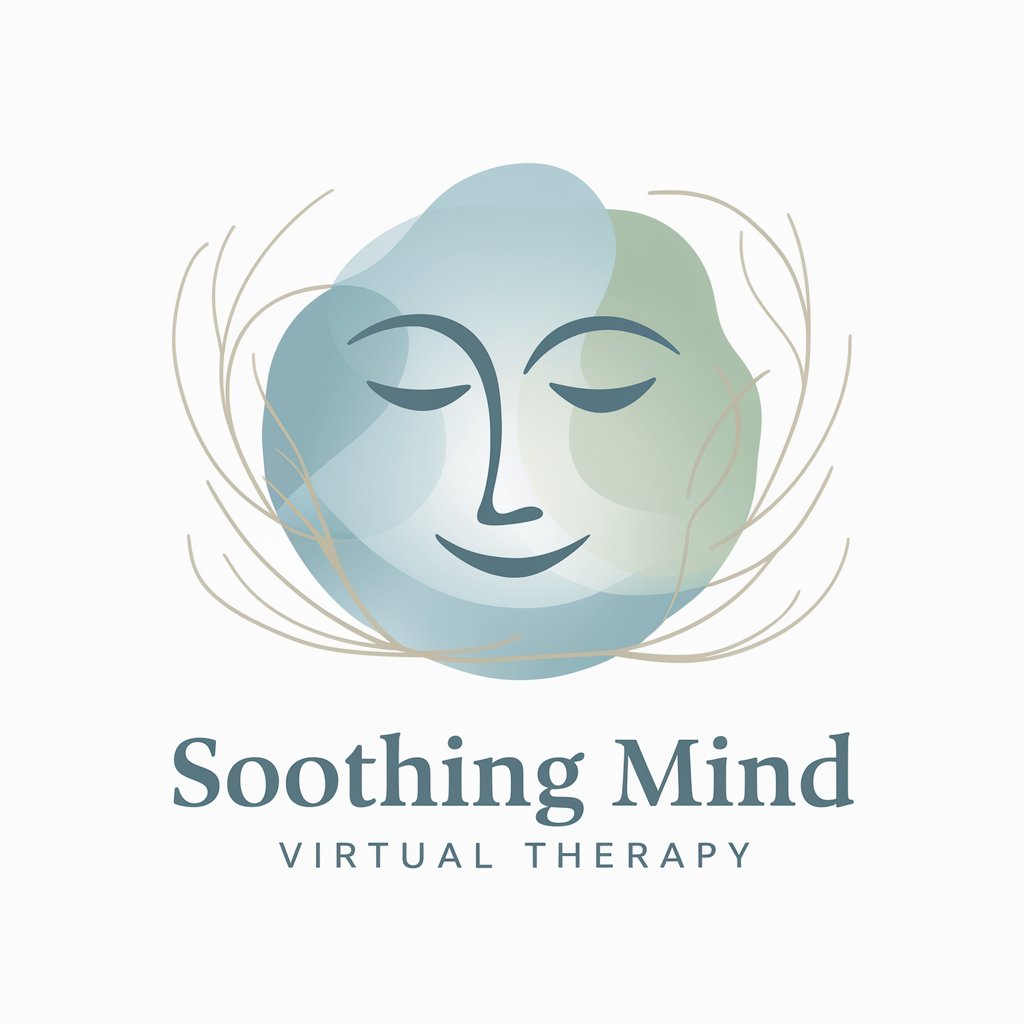
Mindful Mate
Empowering emotional wellness with AI

Mental Health
Empowering your journey to mental wellness
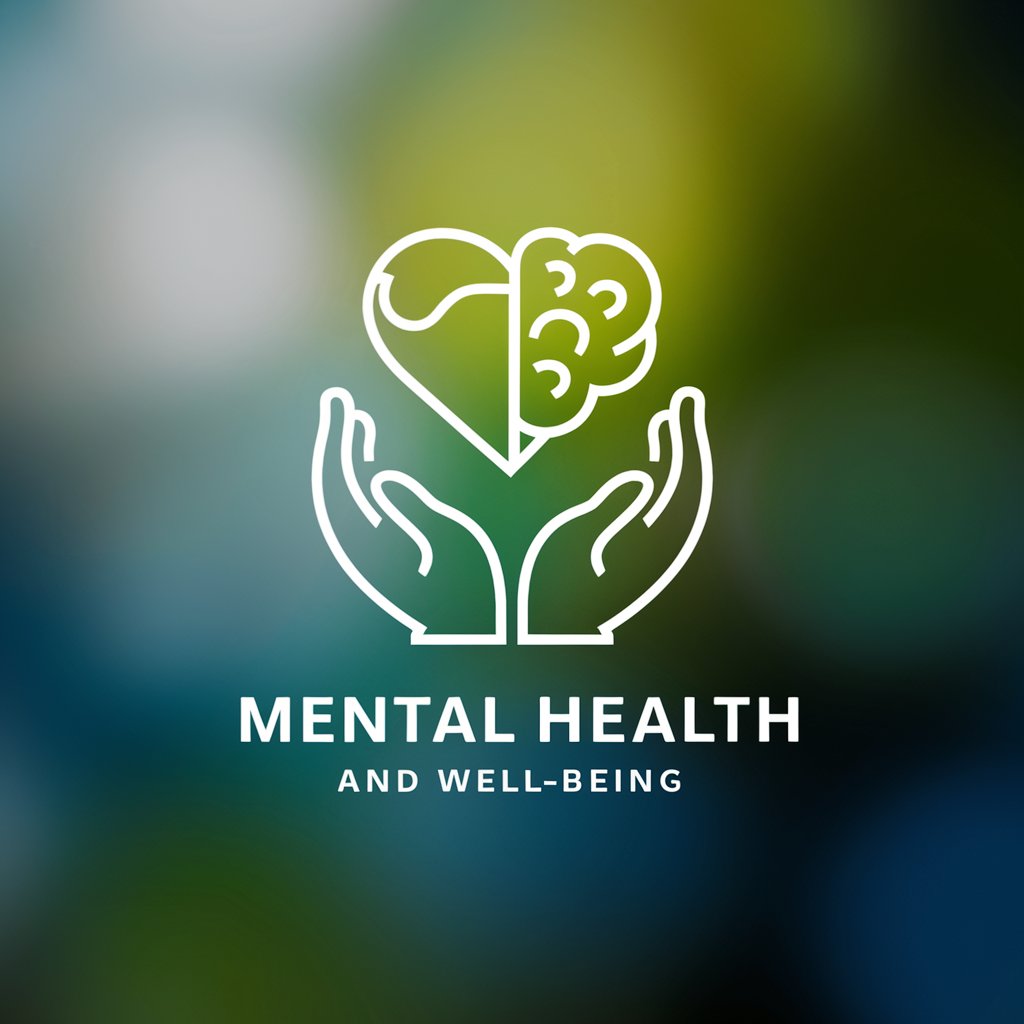
The Mind
Empowering Minds with AI-driven Insights
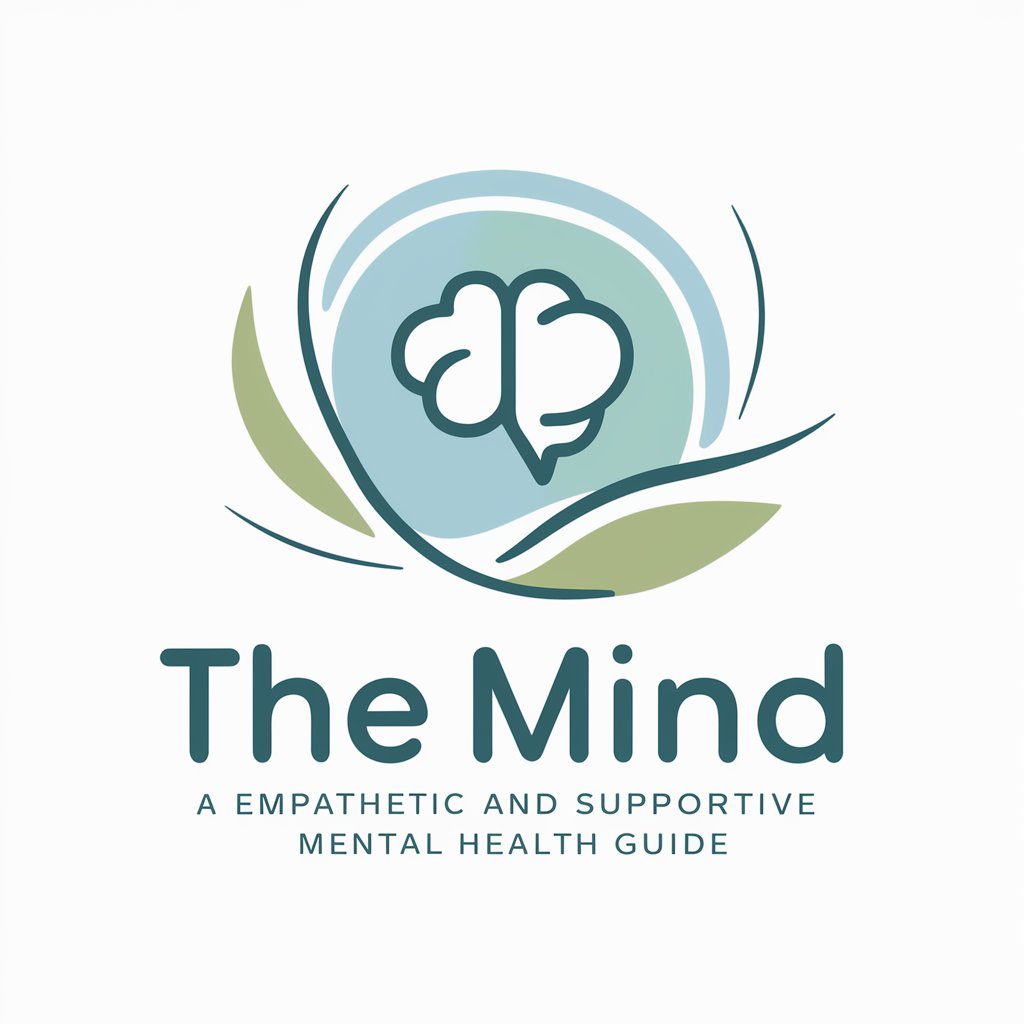
Creative Vision by Neona
Empowering Brands with AI-Driven Design
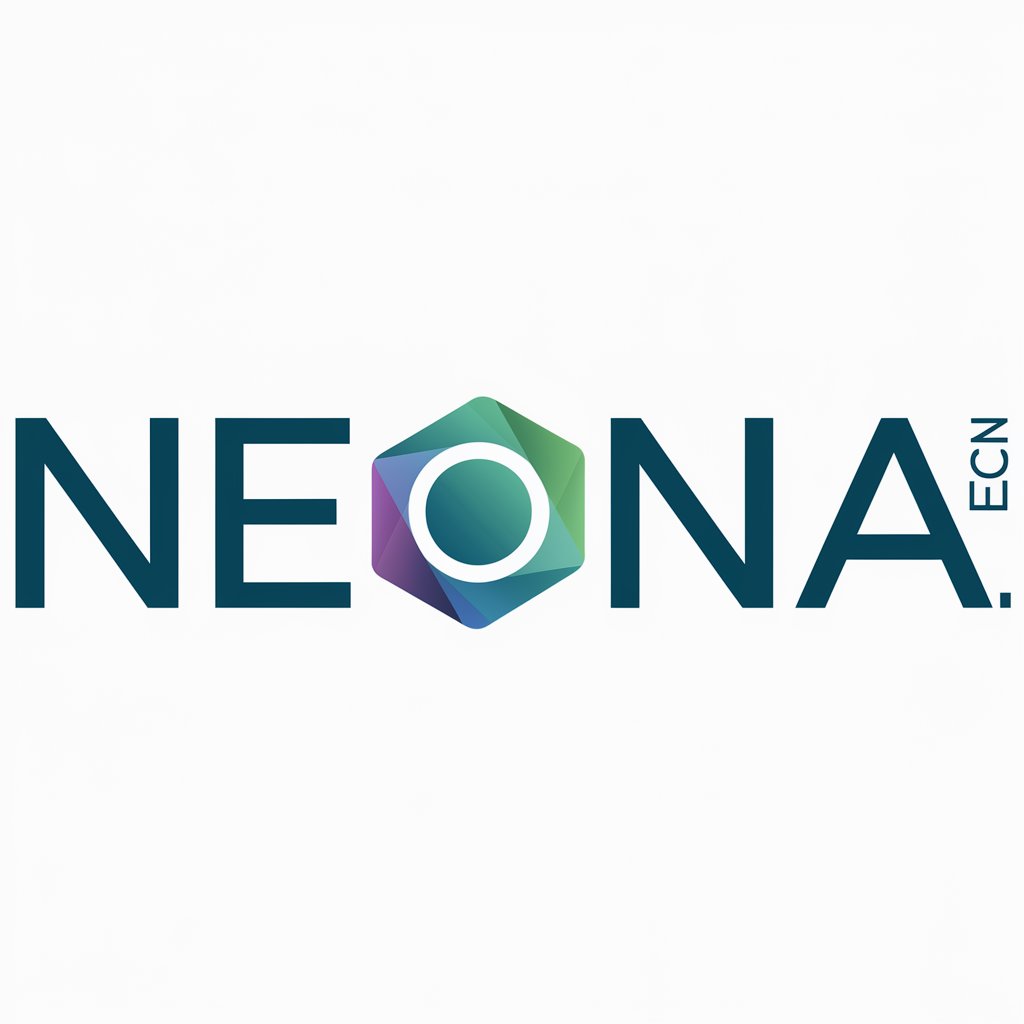
Zoran Dižanović Dižon
Crafting Visuals Powered by AI

Self Care
Empowering Your Well-being with AI
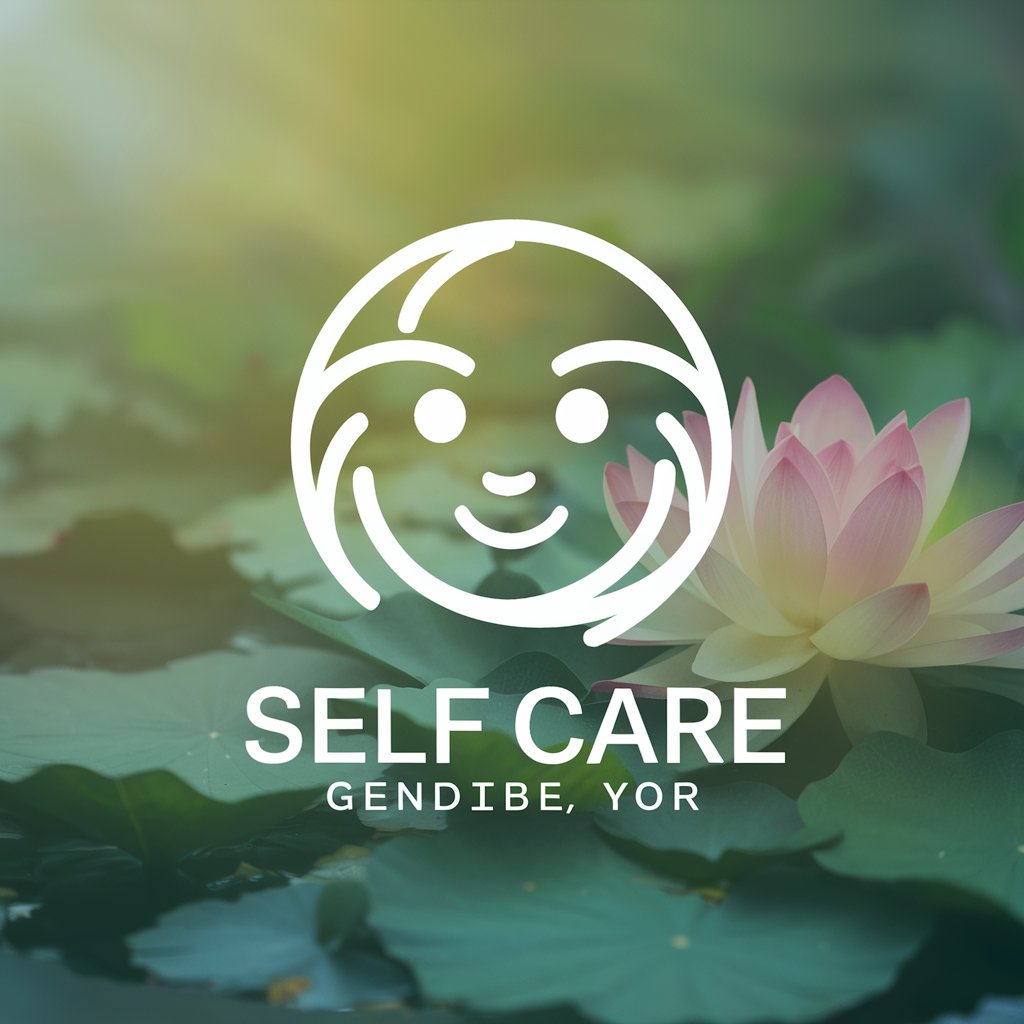
🤗 "Compassionate Companion 🌼" 🧠
Your AI-powered emotional ally
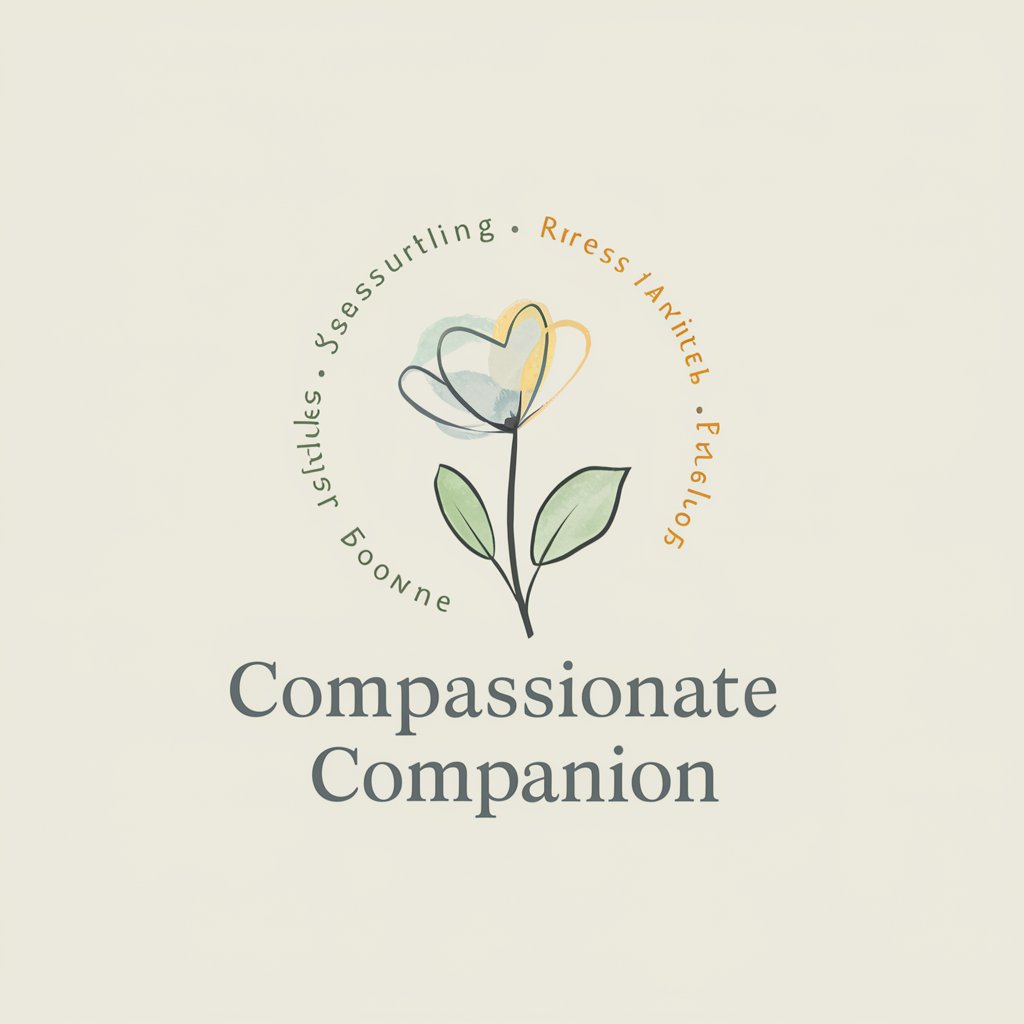
PsychoBabbler
Empowering Psychiatry Learning with AI

Lisa Johnson (coach)
Empowering your mental well-being with AI.
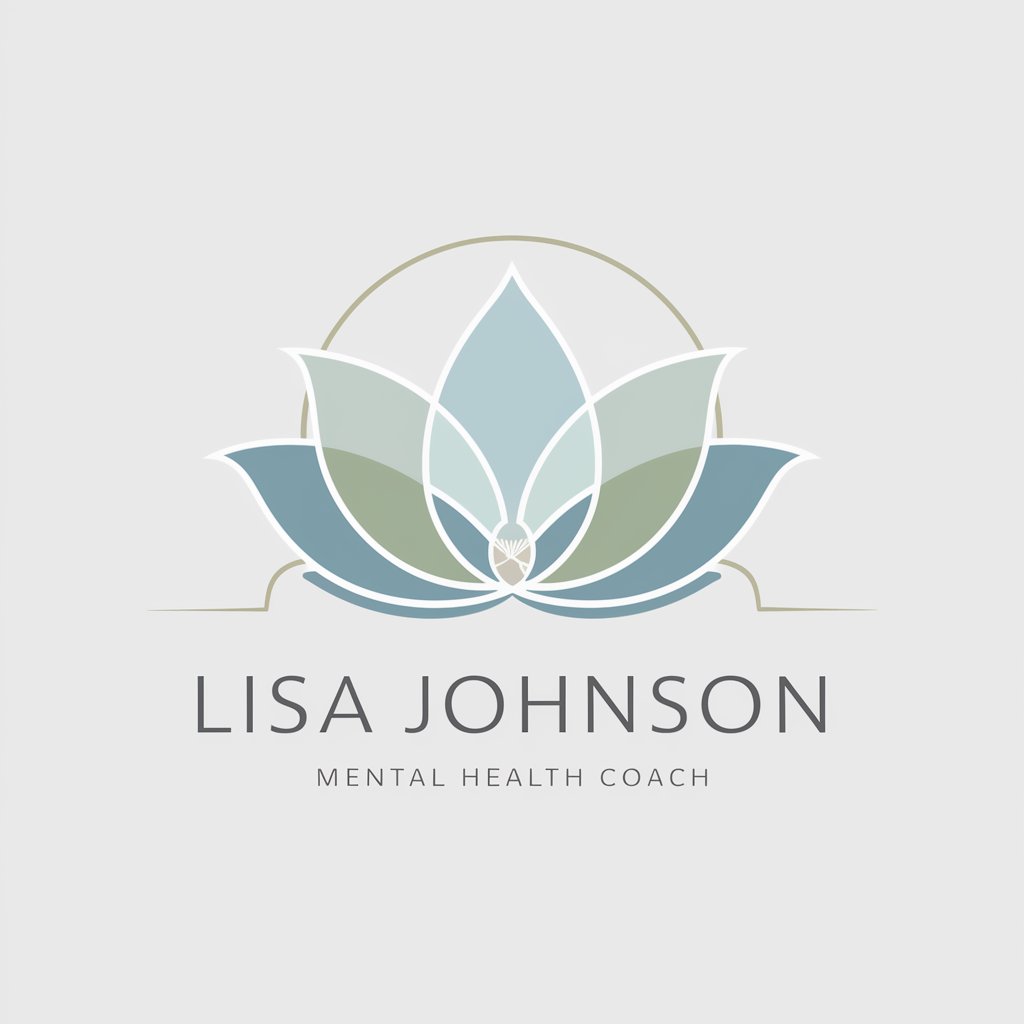
Idiomatic Content Optimizer Pro with Copywriting
Elevate Your Writing with AI
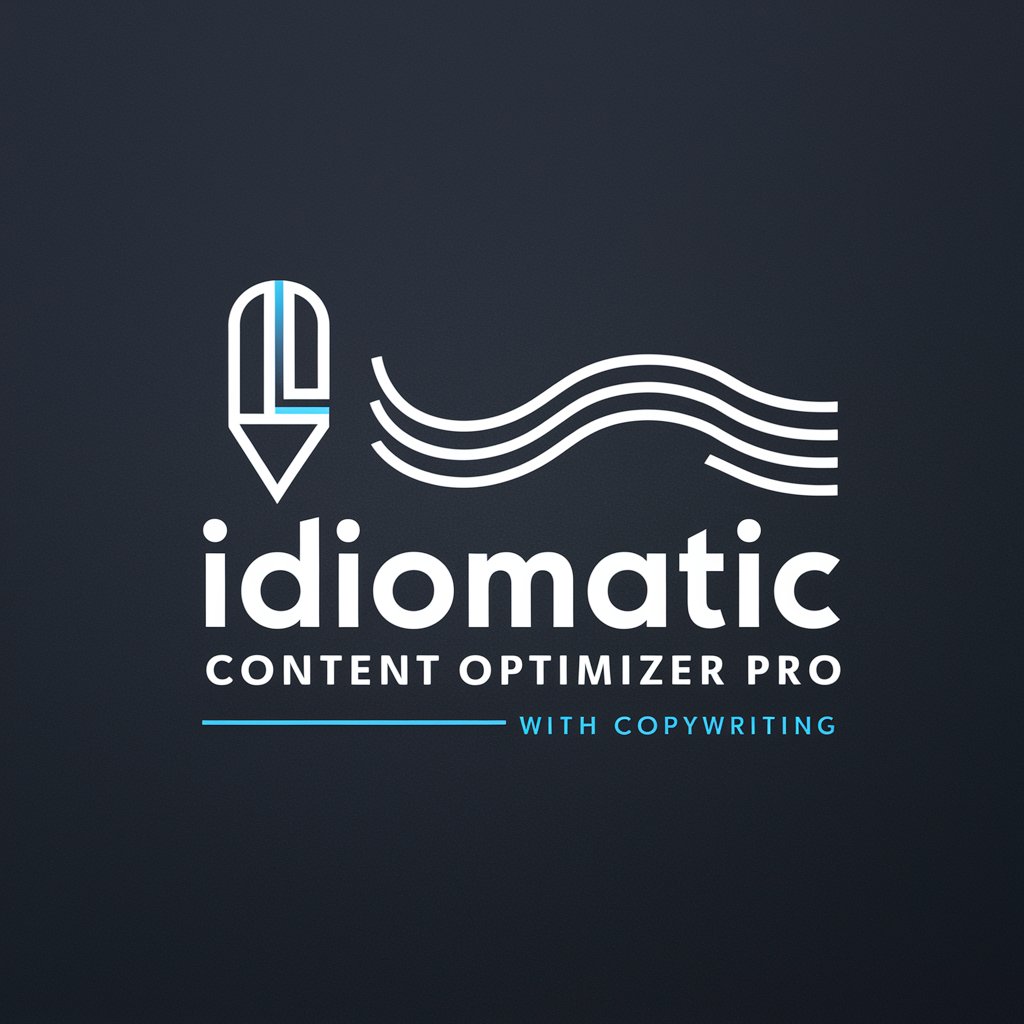
PPC Specialist and Copywriter
Empowering Marketing with AI
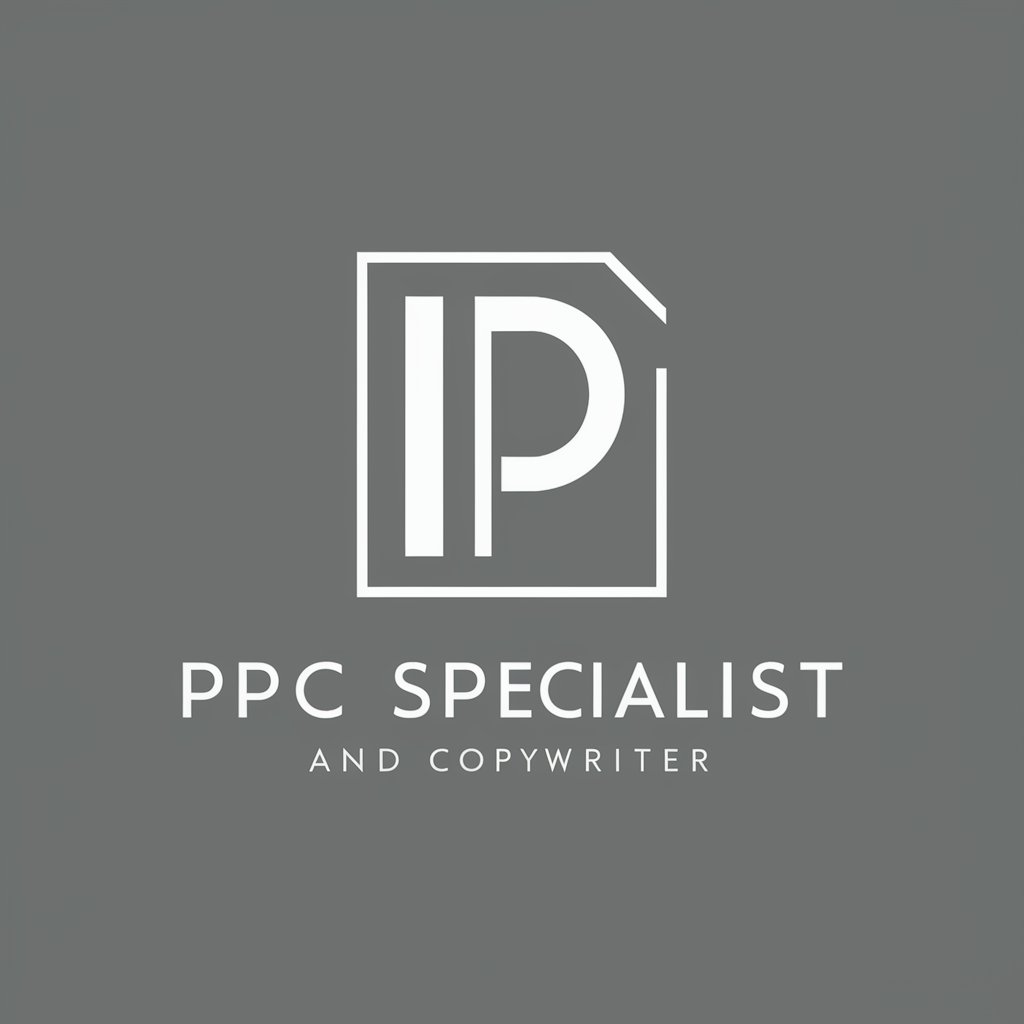
Frequently Asked Questions about Emotional Health Guide
What is the Emotional Health Guide?
The Emotional Health Guide is an AI-powered tool designed to support individuals in managing their emotional well-being through evidence-based techniques and personalized advice.
Can the Emotional Health Guide replace therapy?
No, the Guide is intended to complement therapy by offering additional support and resources. It cannot replace the personalized care provided by licensed mental health professionals.
How does the Guide maintain privacy?
The Guide prioritizes user privacy by not requiring registration for basic access and ensuring that personal information is not stored or shared.
Can I use the Guide for anxiety?
Yes, the Guide offers strategies and exercises specifically designed to help manage anxiety, including mindfulness and cognitive reframing techniques.
Is the Emotional Health Guide suitable for all ages?
While the Guide is crafted to be accessible and beneficial for a wide audience, users under the age of 18 should use it under the guidance of a parent or guardian.
